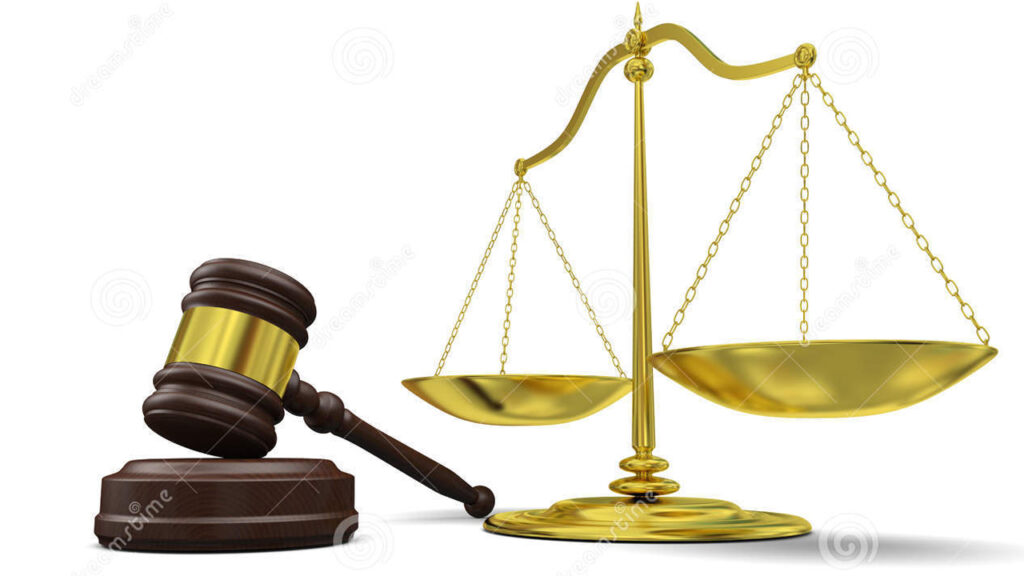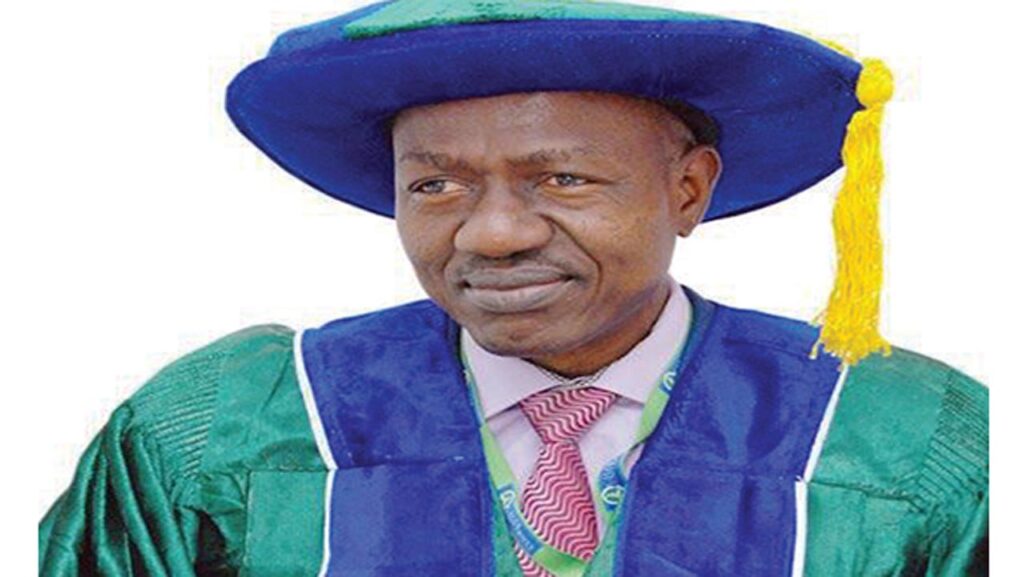
A Senior Advocate of Nigeria (SAN), Mohammed Ndarani, has advocated a strong justice system, saying that the hallmark of justice is to guarantee the possibility of the weak winning against the strong, and even against the state itself.
Ndarani, who stated this in an interview with journalists in Abuja, said the law is the mechanism for reducing the level of grievances in a society. According to him, unless there is confidence in the system, both in its rules and the officials that apply them, anxiety and bitterness will continue across the nation.
Ndarani said: “There is a legal maxim that justice delayed is justice denied. It means that if legal redress or equitable relief to an injured party is available, but is not forthcoming in a timely fashion, it is effectively the same as having no remedy at all.
“It is only a truly independent judiciary that would bring the total much-sought-after transformation in the sector.’’
He said that in recent times, there has been an avalanche of divergent viewpoints on how to confront the unacceptable delays in the dispensation of justice and the resultant fallouts.
“Nigeria is experiencing increasing demands for an improved institutional capacity to deliver effective justice.
“This demand presents a significant challenge as it reflects yawning gaps in the country’s capacity to deliver an efficient and responsive justice system,” he added. The senior lawyer stated that judges should be encouraged to uphold the independence of the judiciary.
“Independence is such that seeks to ensure that judges are not subjected to pressure and influence when adjudicating matters and are free to make impartial decisions based solely on facts and law.
“Our criminal justice system has endured prolonged delay in the administration of justice, congestion of courts, inadequate infrastructure and lack of access to justice by the poor.
“Majority of these poor cannot afford the services of lawyers, hence, the congestion of prisons with the daily influx of accused persons or suspects awaiting trial,’’ he said.
Ndarani also said that many of the country’s laws are outdated and out of tune with modern trends. He decried cases of arrest of suspects’ relatives in place of suspects, use of torture by the police to obtain confessions and alleged corruption amongst judicial officers.











